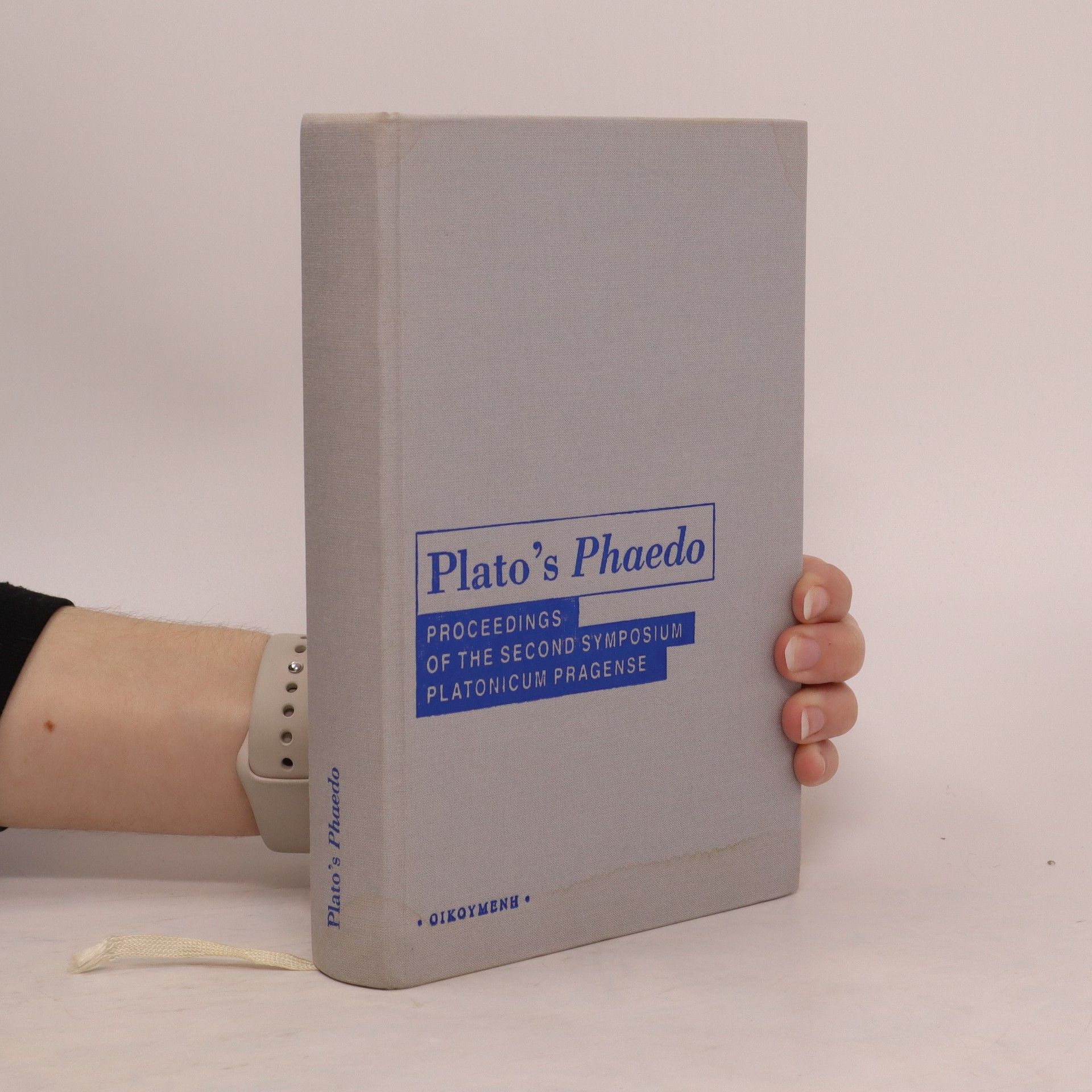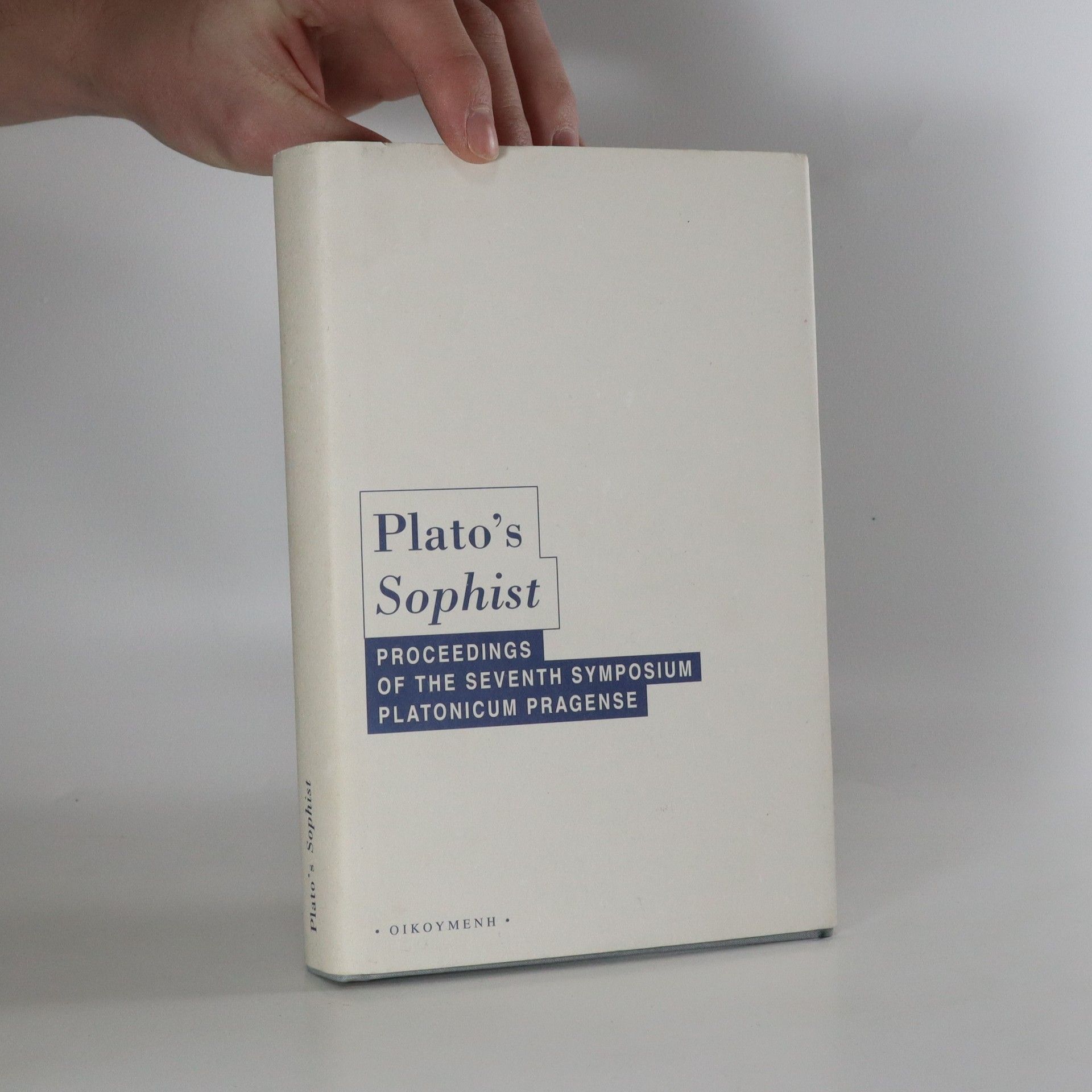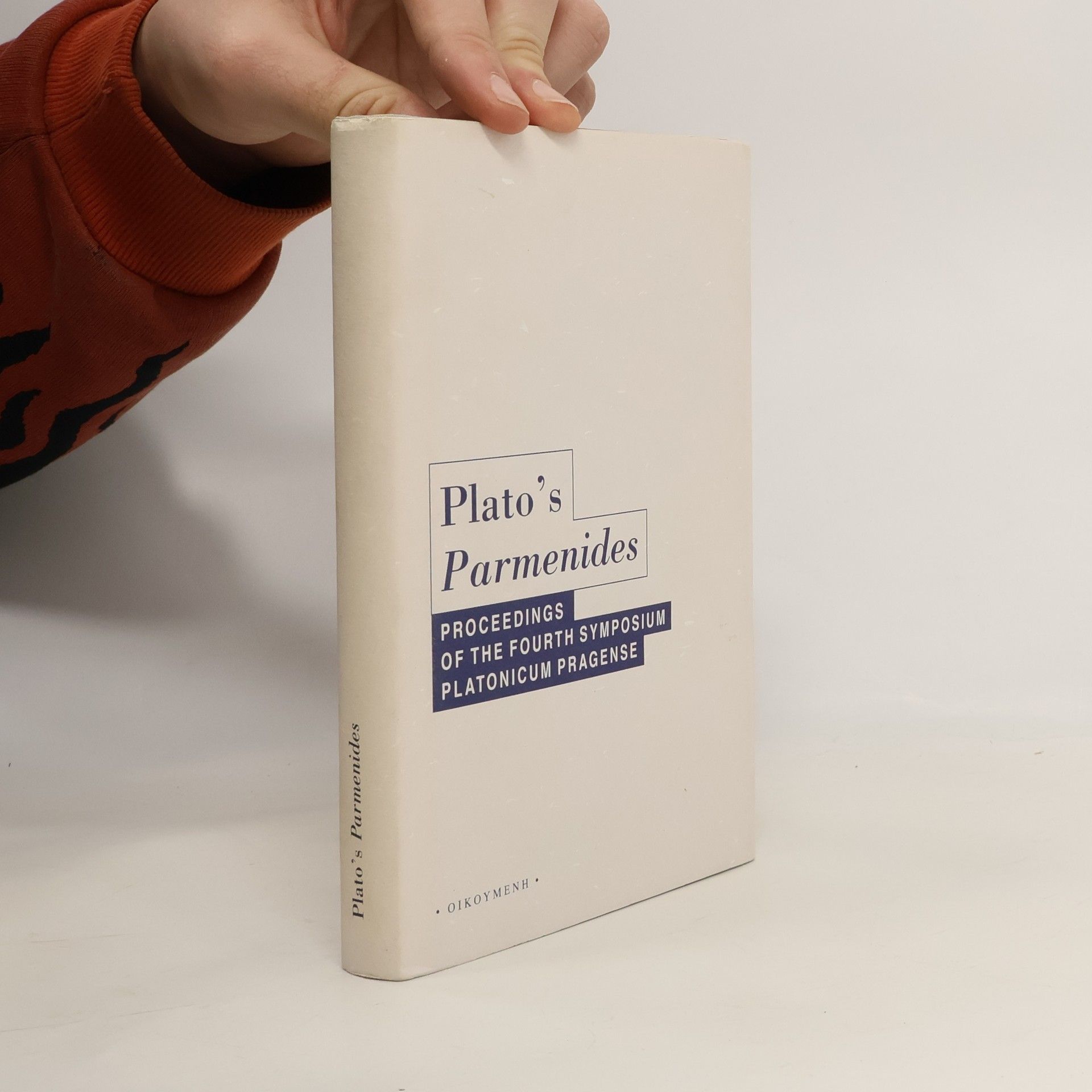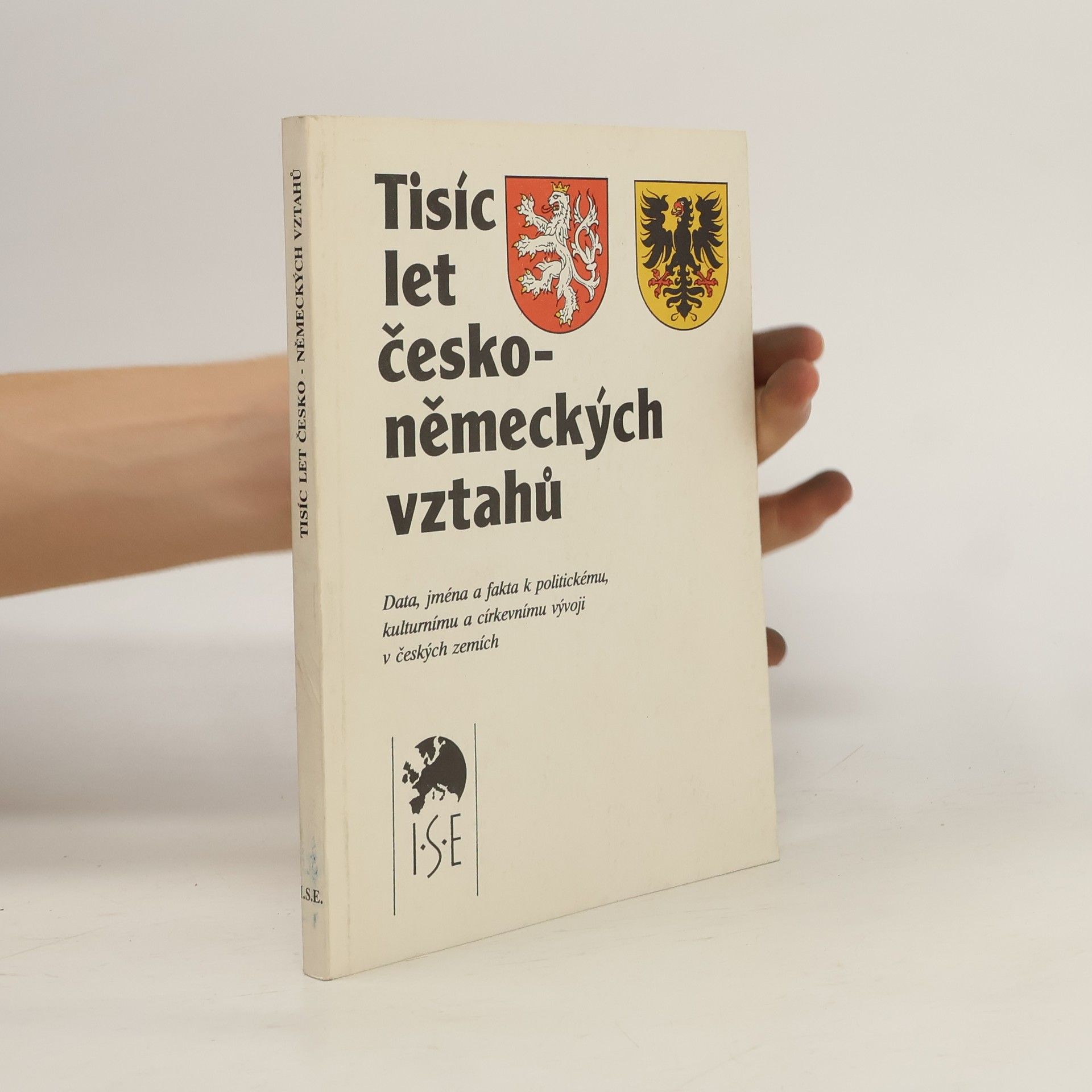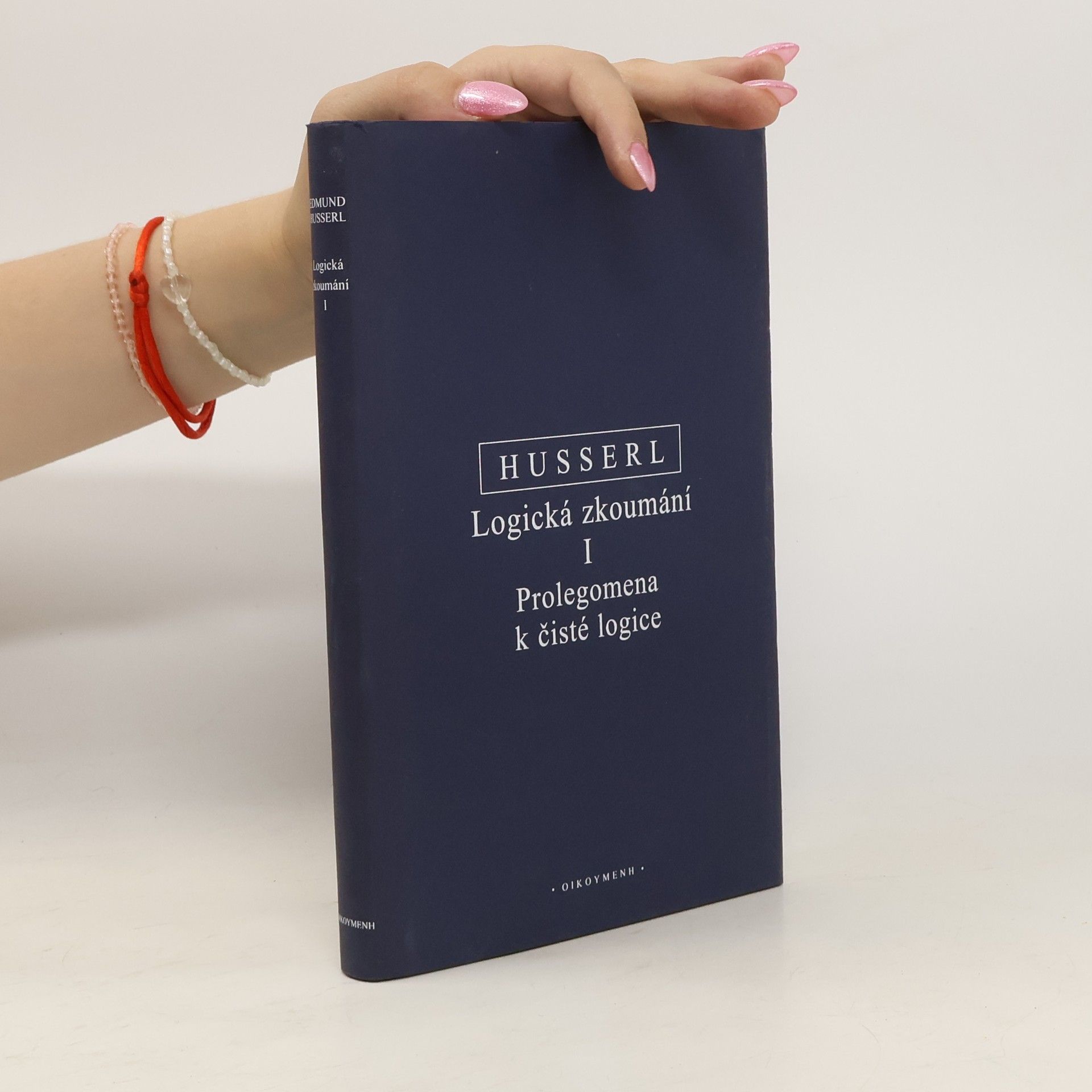Plato's Protagoras
Proceedings of The Third Symposium Platonicum Pragense
- 258 pages
- 10 hours of reading
Sborník textů z 3. mezinárodního pražského platónského symposia, konaného v Praze ve dnech 11.–13. 10. 2001. Obsah: T. Ebert, The Role of the Frame Dialogue in Plato's Protagoras F. Karfik, Die Seele in der Gefahr. Zu Protagoras 310a8-314c2 B. Manuwald, Der Mythos im Protagoras und die Platonische Mythopoiie K. Thein, Teleology and Myth in the Protagoras G. Heinemann, Das „Ordnen" der „Naturen" (Prot. 320d-321c) A. Havlíček, Die Einheit und die Lehrbarkeit der arete im Protagoras F. L. Lisi, Wissen und Unwissen in Platons Protagoras Ch. J. Rowe, Hedonism in the Protagoras again: Protagoras, 351b ff. Ch. C. W. Taylor, The Hedonism of the Protagoras Reconsidered Ch. H. Kahn, Socrates and Hedonism J. Tomin, The Protagoras in the Light of the Seventh Letter P. Hobza, The Protagoras as Plato's Apology of Socrates B. Bossi, On Aristotle's Charge of Socratic Intellectualism: The Force of a Misunderstanding T. M. Robinson, Protagoras, the Protagoras and the Dissoi Logoi


